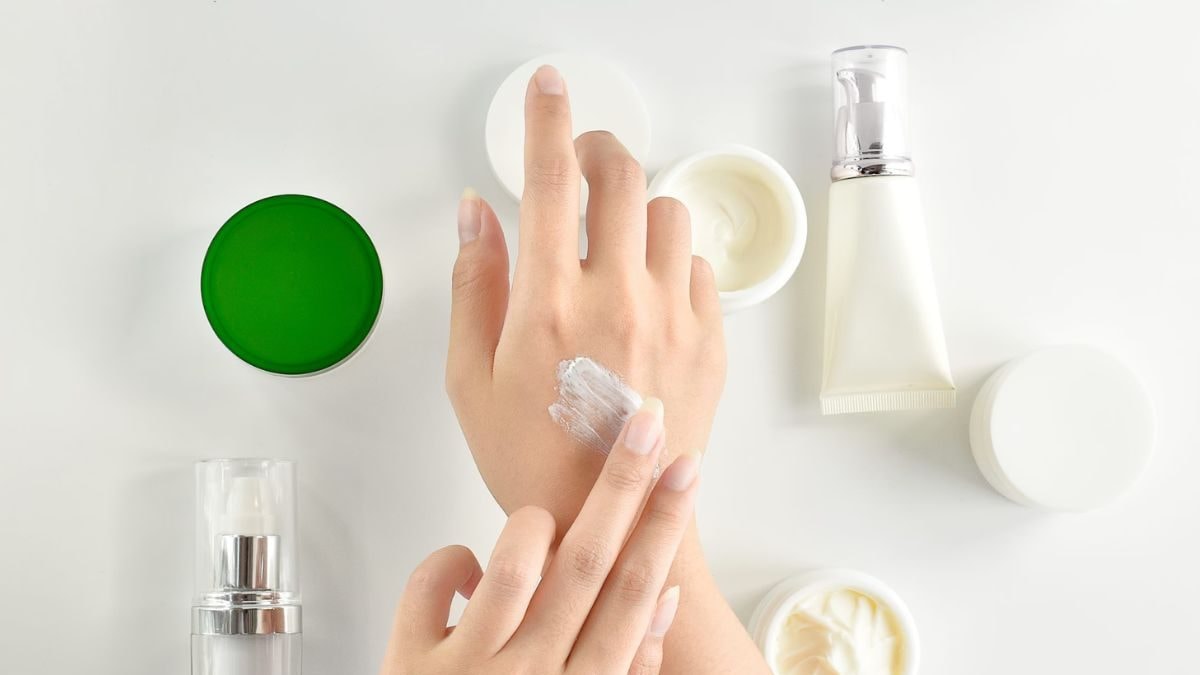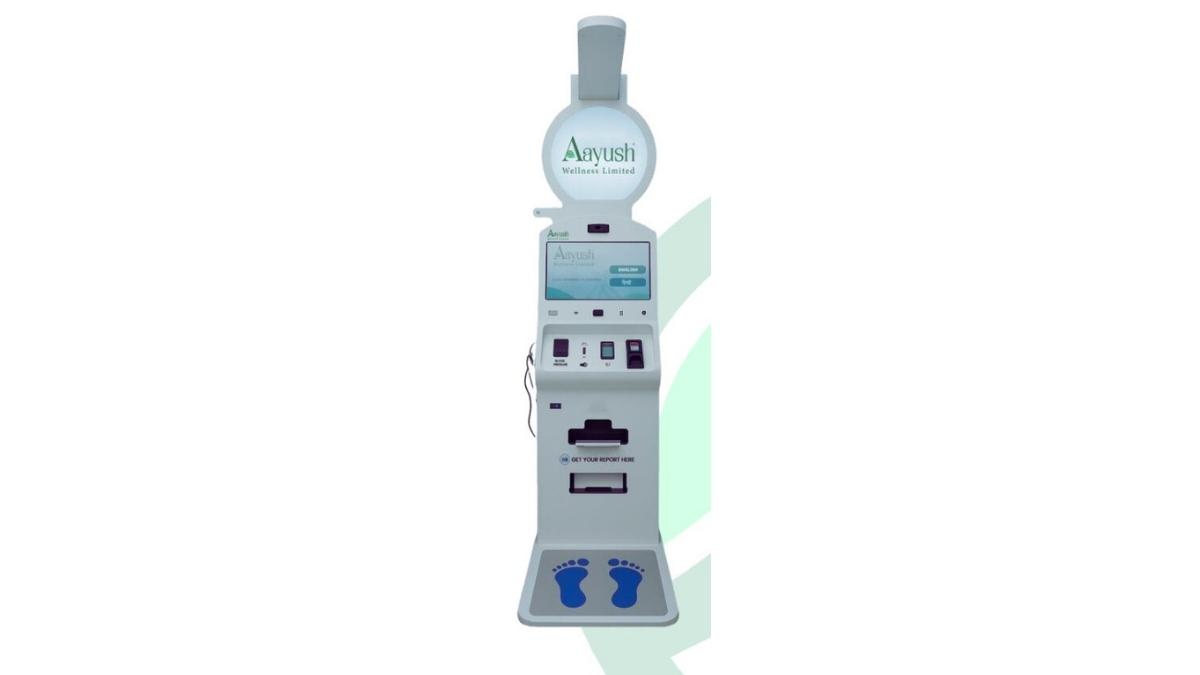Know All About Snail Mucin Skincare Regime From A Cosmetologist

An ingredient that has become immensely popular in K-beauty products is snail mucin
Snail mucin is commonly found in various skincare products, such as serums, creams, and masks
Snail facials involve using live snails on the face, where they slither around, leaving their mucin behind. The process typically begins with cleansing, followed by applying a toner and a brief massage using snail mucin products. Traditionally, garden snails are used for these facials, allowing them to glide over the skin for a few minutes.
Snail mucin, a slime produced by snails, serves as a protective mechanism and aids in tissue repair. This secretion is packed with beneficial ingredients, Dr Ritu Khariyan, Cosmetologist, Skinlogics, a dermatology clinic explains the ingredients:
- Hyaluronic AcidThis powerful humectant attracts and retains moisture, keeping the skin hydrated and plump.
- AllantoinKnown for soothing irritation and promoting cell renewal, allantoin helps in wound healing and reduces the appearance of scars.
- Glycolic AcidThis gentle exfoliant removes dead skin cells, resulting in a smoother and brighter complexion.Products containing snail mucin are particularly beneficial for those with dry skin due to their excellent moisturizing properties, which help lock in moisture and prevent dryness. Additionally, snail mucin promotes skin repair and regeneration, thanks to its hyaluronic acid and glycoproteins, making it especially useful for damaged or aging skin.
Dr Khariyan adds, “Snail mucin also aids in reducing the appearance of scars and hyperpigmentation, often left behind by acne, due to its regenerative properties. It is renowned for its anti-aging benefits, including boosting collagen and elastin production, minimizing free radical damage, repairing damaged tissues, and maintaining hydration levels. These age-defying benefits make snail mucin popular among beauty enthusiasts.”
Moreover, snail mucin treats various skin issues such as dry skin, wrinkles, stretch marks, acne, rosacea, age spots, burn marks, scars, razor bumps, and warts. Its allantoin content is particularly effective in soothing irritated skin and promoting the healing of damaged areas.
Dr Khariyan, shares, “While snail mucin offers numerous skin benefits, it is important to be cautious of potential allergic reactions. Conduct a patch test on your forearm before using any snail mucin product on your face. If any irritation or redness occurs, you may be allergic to the ingredient.”
“Consult a dermatologist before using prescription-strength snail mucin, as it can be potent and may not suit all skin types,” suggests Dr Khariyan.
Since each skin type is unique, a dermatologist can help create a personalized skincare routine tailored to your specific concerns and needs. They can also advise on incorporating snail mucin into your regimen based on your skin type and potential sensitivities.
Maintaining healthy, glowing skin relies heavily on a balanced diet, adequate sleep, and managing stress. While skincare products, including those with snail mucin, can enhance your routine, they should not be viewed as a one-stop solution.
Snail mucin is commonly found in various skincare products, such as serums, creams, and masks. These products can be incorporated into your regular skincare routine. The frequency of use depends on the product and your skin’s individual needs. “Many people use snail mucin-containing products daily, especially serums and moisturizers, without issues. However, it’s important to monitor your skin’s response to the ingredient. If you notice any adverse reactions, consider reducing the frequency of use or discontinuing the product,” signs off Dr Khariyan.

Atul Tiwari is a seasoned journalist at Mumbai Times, specializing in city news, culture, and human-interest stories. With a knack for uncovering compelling narratives, Atul brings Mumbai’s vibrant spirit to life through his writing.




